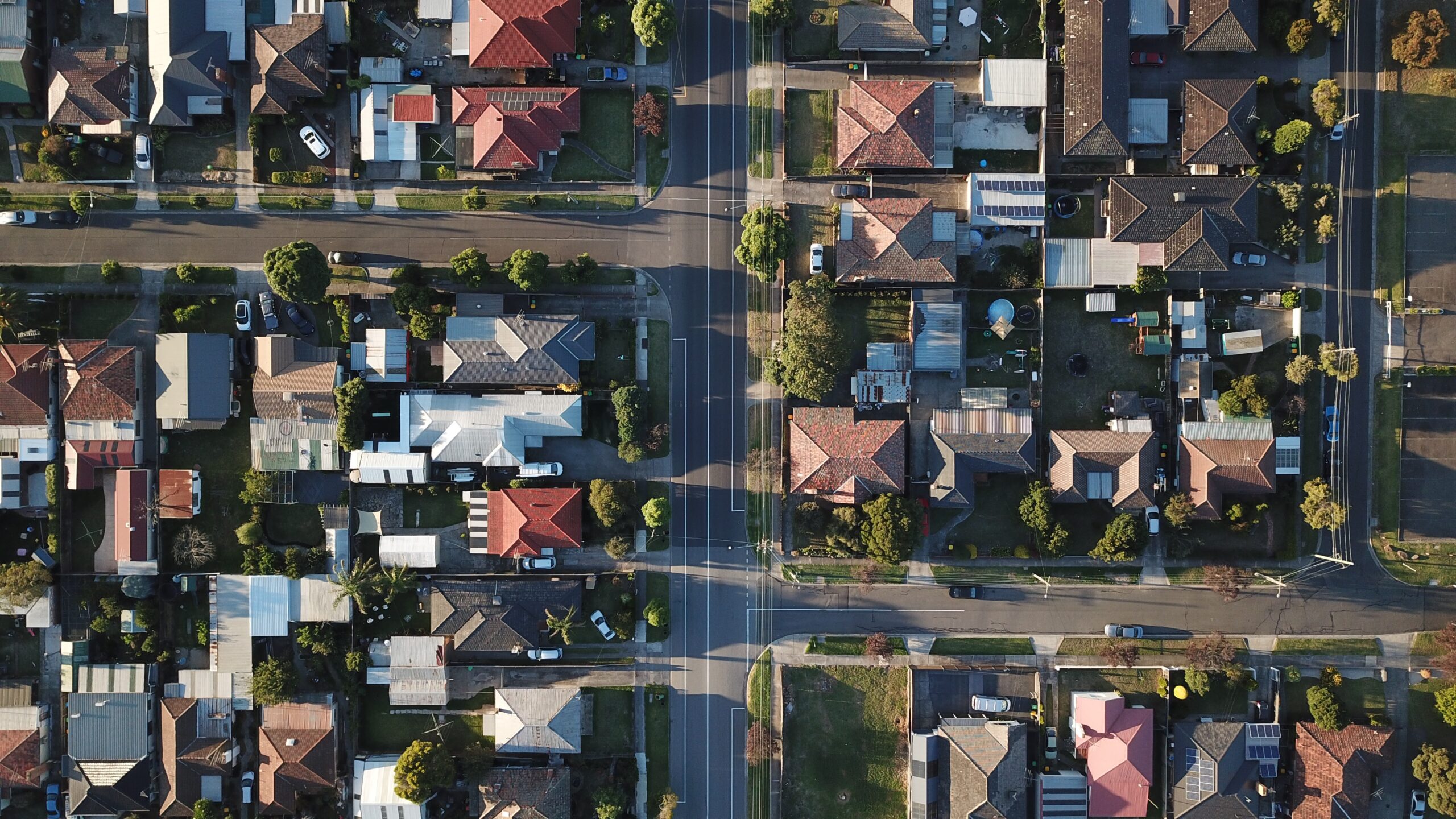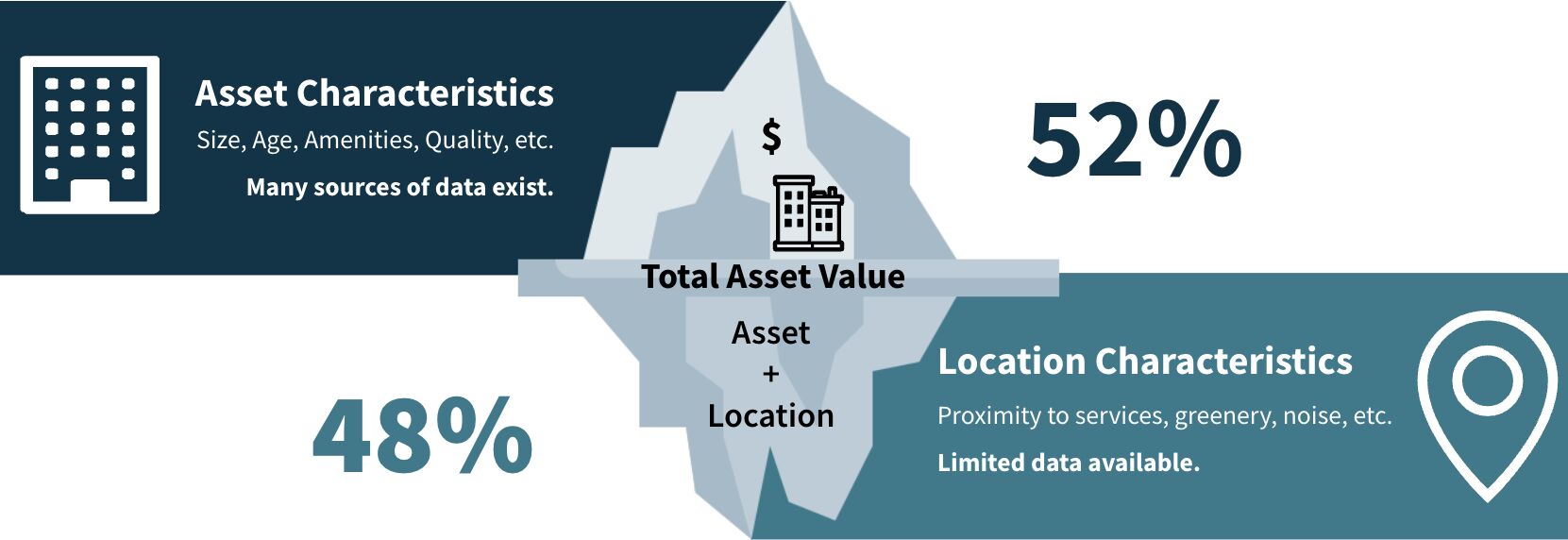FirstTeamⓇ Real Estate Partners with Local Logic to Roll Out Location Reports to Every Agent, Setting a New Standard for Trust from the First Click
Partnerships
| 25 Feb 2026

Millions of real estate decisions are made every year. From the transaction of large assets to co-working and apartment leasing, home buying, and short-term rentals.
But these decisions are made with only half the context.
48% of the value of a property is based on location — not just what’s inside the four walls of the asset itself.

52% of a property’s value comes from the asset’s characteristics while 48% of the property value’s comes from location characteristics
Yet, traditionally, information on location has been dependent solely on boots on the ground, personal experience, or gut feel — not data. Today, the risks and stakes (environmentally, socially, and financially) are too high to base real estate decisions on anything but data.
Due to the increasing uncertainty in the industry, data is being used to mitigate risk, optimize returns, and assess opportunities at scale. By quantifying the quality of life, livability, and sustainability of a location, data can be used to drive decisions that ultimately create better cities and bigger returns.
In addition to providing information about the surroundings of a property, location data allows us to better understand the broader context in which that property exists, as well as its place within the local market.
Factors such as proximity to amenities, demographics, and transit can all affect how much a property is worth and how attractive it is to potential buyers. By understanding these factors, we can make better decisions about buying, selling, and developing properties.
Beyond asset condition, location can make one comparable asset perform better than another. Understanding what drives those differences is crucial to making good investments.
Location insights help us break down the many factors that make a place livable and desirable. They allow us to objectively understand things like schools, parks, restaurants, and transit, as well as abstract concepts like quietness, wellness, and vibrancy.
Location data quantifies the human experience — that undescribable (until now) feeling you get when you know a neighborhood’s just right.
💡 Curious about location insights?
Get a demo to learn how to grow your business with location data.